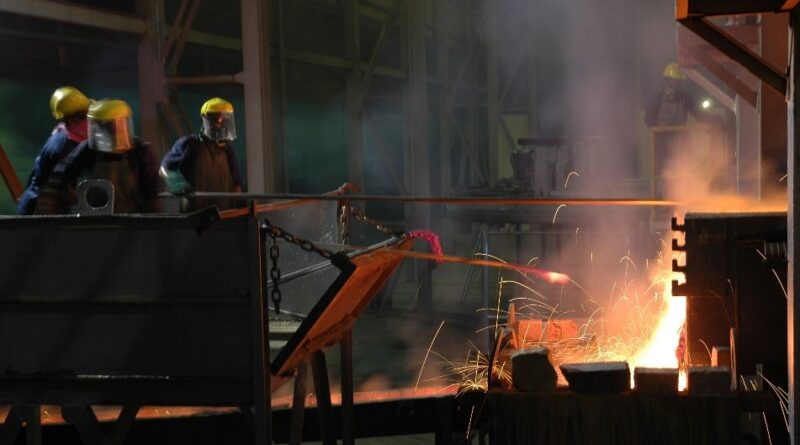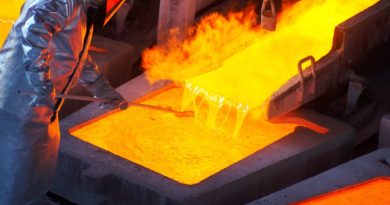Malaysia Smelting Corp. revenue resilient despite disruptions
Refined tin producer Malaysia Smelting Corp (MSC) has reported second quarter revenue of RM 379 million (approximately US$87 million), up 2.5% from the previous quarter, despite disruption to operations.
MSC attributed the increase in revenue to higher sales of tin-bearing slag and by-products in the second quarter, outweighing lower sales of refined tin and a lower tin price in local currency. Tin sales fell 6.0% from the previous quarter to RM 339 million (US$79 million), while sale of tin-bearing slag and by-products together rose 484.1% to RM 38 million (US$ 9 million).
At the start of April, a gas pipeline explosion in Putra Heights, near MSC’s Pulau Indah smelter, caused an interruption to the plant’s gas supply, forcing the company to temporarily halt production.
Overall, the tin smelting business recorded a loss before tax of RM 9.6 million (US$2.2 million) in the second quarter, following a profit before tax of RM 5.7 million (US$1.3 million) in the first quarter. The company listed the gas pipeline incident as a key factor impacting the business’ results.
MSC also cited lower ore intake from its suppliers as a factor weighing on their results. Intense international feedstock competition has affected many tin ore importers, with Chinese smelters forced to source concentrate from regions other than Myanmar as the Wa mining disruption drags on.
With the commissioning of the Palau Indah smelter complete, MSC will continue to decommission the historic Butterworth smelter, and the company expects to benefit from lower costs and a smaller carbon footprint as a result.
The tin mining segment, which operates Malaysia’s largest tin mine, Rahman Hydraulic, saw revenues rise 3.6% to RM 82 million (US$19 million) on higher production volume, although operating profit fell 0.9% to RM 30 million (US$7 million).
Work to expand mining output and productivity at Rahman Hydraulic is underway, with focus on adopting new cost-effective mining and modernised processing methods.
The company referenced rising trade barriers and global uncertainty, as well as inflation and higher energy costs, as factors potentially affecting the company’s performance moving forward.




